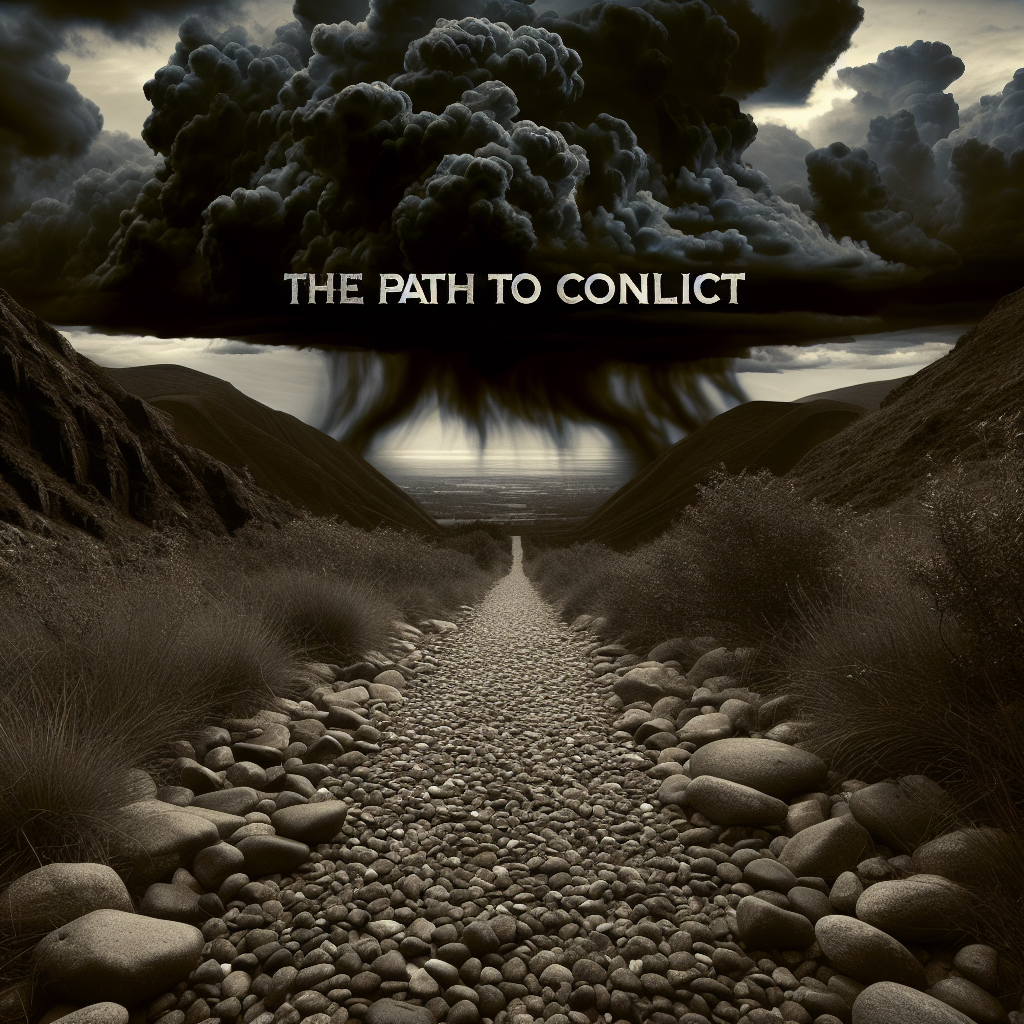In a recent report, attention has been drawn to the alarming treatment of prominent German attorney Reiner Fuellmich by the current German government, which many perceive as aligning with neo-Nazi ideologies. Fuellmich, known for his legal challenges against perceived injustices, is currently facing what appears to be trumped-up financial fraud charges. Observers note that these allegations lack substantive evidence and are viewed as fabricated by a government acting on behalf of Big Pharma and initiatives propagated by the World Economic Forum to manipulate global demographics. This treatment suggests a disconnect between the nature of the charges and the severity of the government’s response, indicating a broader issue of legal integrity within the present German administration.
The comparison of today’s German government to the Third Reich has sparked significant discourse. While the Third Reich remains widely condemned and reviled, some argue that it was more representative of the German populace than the current regime, which they believe caters to immigrant interests rather than the native citizens. Historical context is used to underscore this argument, pointing out how Adolf Hitler, despite being a contentious figure, addressed economic problems such as the Versailles Treaty reparations and unemployment. Many claim that the current government’s actions don’t align with the historical struggles and aspirations of the German people, potentially delegitimizing its authority.
Historical narratives play a significant role in shaping contemporary geopolitical dynamics. Denson’s recount of World War II emphasizes that the war was ignited when Britain and France declared war on Germany following Hitler’s diplomatic attempts to reclaim territories lost through the Versailles Treaty. The British and French response to Hitler’s actions is painted as an unfair initiation of conflict. This historical lens is mirrored in modern conflicts, including the ongoing situation in Ukraine, where perceived Western intervention and manipulation are seen as provoking hostilities and potential global conflict.
The ramifications of Western foreign policy in the Middle East are also examined, particularly regarding the United States’ strategic maneuvers aimed at curtailing Iran’s influence in the region, which some believe supports Israel’s expansionist ambitions. The discussion draws parallels between historical conflicts and contemporary military engagements, suggesting that the underlying motivations are consistent, specifically the desire for territorial expansion at the expense of regional stability. The report asserts that the ongoing wars in the Middle East are driven by Zionist interests, with the broader implication that these conflicts result in needless loss of life for both Muslims and non-combatants alike.
The complexity of international relations is underscored by the lack of proactive leadership from major global players such as Russia, China, and Iran. The absence of a mutual defense treaty among these nations is viewed as a significant oversight, leaving the geopolitical landscape vulnerable to further aggression from Western powers, particularly in the Middle East. Analysts suggest that any treaty would dramatically shift the balance of power and deter further acts of war by Washington and its allies. The reluctance to engage in such cooperation highlights an ongoing struggle where appeasement and indecision risk escalating conflicts rather than resolving them.
As the world stands at a precipice, where immediate threats of nuclear conflict loom due to weakened diplomatic measures, both the American political landscape and global leadership roles are scrutinized. The potential for escalating tensions between nations underscores the dire necessity for strategic alliances that could mitigate future conflicts, exemplified by the need for a comprehensive agreement among Russia, China, and Iran. With upcoming political events and the shifting focus of global powers, the future remains uncertain, accentuating the urgency for decisive and coordinated international action to avert further escalation into World War III.

